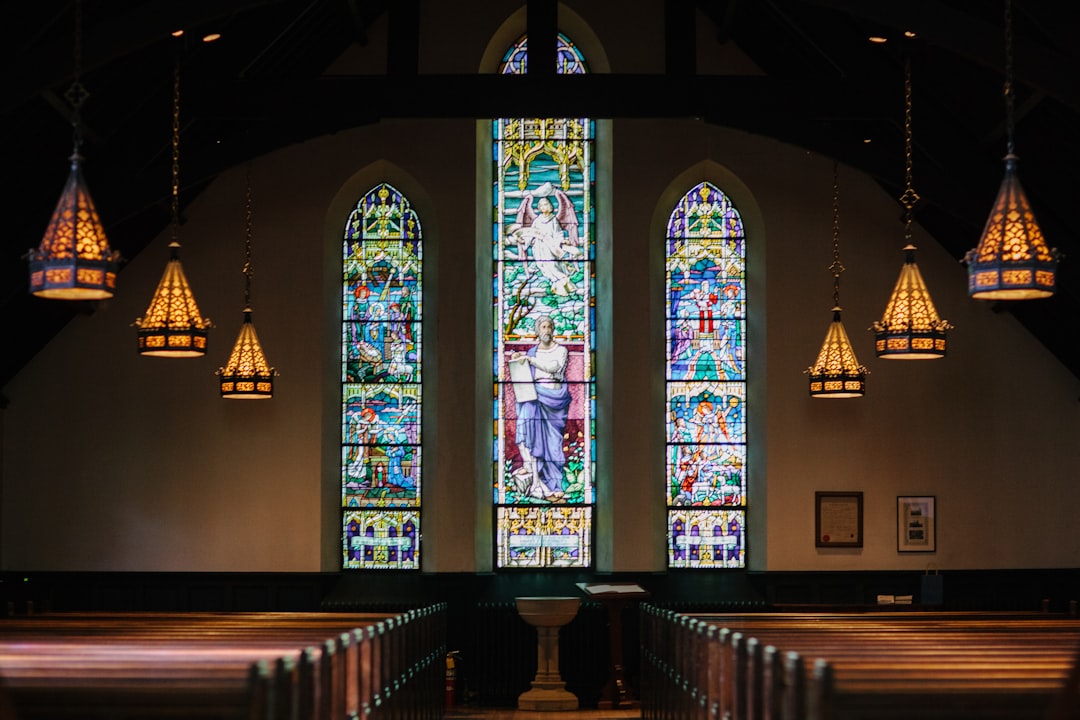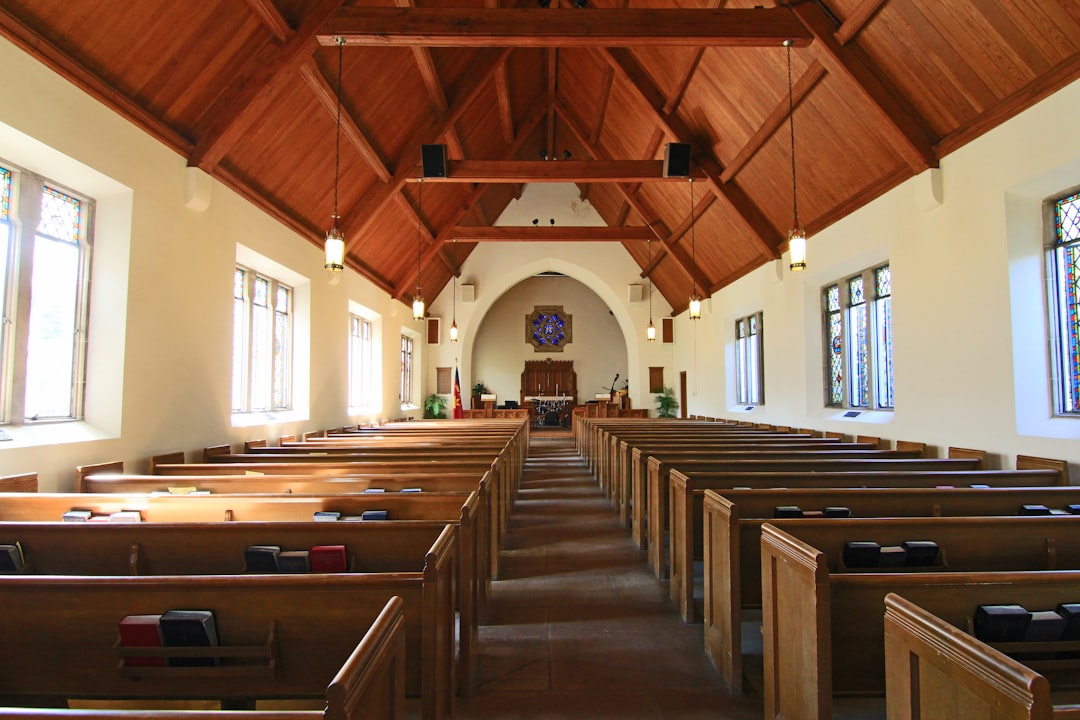Clergy abuse lawyers in Florida play a critical role in addressing emotional manipulation, physical assault, and other forms of abuse within religious communities. They help victims by recognizing red flags like behavioral changes, isolation, and unexplained financial transactions, and look for recurring inappropriate behaviors and misuse of religious authority. These specialists guide clients through complex legal terrains, offering expertise in sexual misconduct and emotional exploitation while respecting cultural sensitivity and religious beliefs. Non-profit organizations and specialized lawyers provide safe spaces, support groups, counseling, and legal advocacy to empower survivors to heal and pursue justice with the assistance of a clergy abuse lawyer in Florida.
In Florida, where spiritual guidance is sought by many, the issue of clergy abuse demands attention. Understanding this complex problem requires recognizing patterns and red flags, as victims may face unique challenges in seeking justice. The role of a specialized clergy abuse lawyer is crucial, navigating the state’s legal landscape to ensure effective representation. This article explores case strategies, resources for victims, and advocates for healing and justice, highlighting the expertise of Florida clergy abuse lawyers.
Understanding Clergy Abuse: Recognizing Patterns and Red Flags

Clergy abuse can manifest in various forms, from emotional manipulation to physical assault, and often occurs within a power imbalance. Recognizing patterns and red flags is crucial for both victims and Florida clergy abuse lawyers when navigating such complex cases. Common indicators include sudden changes in behavior or personality, isolation from friends and family, and unexplained financial transactions.
Victims may also exhibit signs of depression, anxiety, or post-traumatic stress disorder (PTSD). A Florida clergy abuse lawyer should look for repeated instances of inappropriate behavior, lack of boundaries, and the use of religious authority to exert control over congregants. Understanding these patterns can help identify potential cases and ensure victims receive the support and justice they deserve.
Florida Legal Landscape: The Role of Clergy Abuse Lawyers

In Florida, where religious freedom is protected by law, the role of a clergy abuse lawyer is pivotal in addressing sensitive cases involving spiritual leaders and their congregation members. These attorneys specialize in navigating the complex legal landscape surrounding interpersonal relationships within religious institutions. They help protect victims’ rights and provide justice for those who have suffered harm at the hands of trusted clergy members.
Clergy abuse lawyers in Florida play a crucial part in fostering transparency, accountability, and healing. They offer specialized knowledge to handle cases involving sexual misconduct, emotional exploitation, or other forms of abuse within religious contexts. By understanding both the legal and spiritual dimensions of these issues, they guide clients through the legal process while ensuring cultural sensitivity and respect for religious beliefs.
Case Strategies for Effective Representation: A Step-by-Step Guide

When representing a client in a clergy abuse lawyer Florida case, an effective strategy is key to securing justice. Here’s a step-by-step guide for optimal representation:
1. Thorough Initial Assessment: Begin by meticulously reviewing all available evidence and understanding the client’s experience. This involves gathering detailed accounts of the alleged incidents, examining any existing documentation (e.g., medical records, police reports), and assessing potential legal avenues.
2. Identify Relevant Laws and Precedents: Familiarize yourself with Florida’s statutes regarding clergy abuse and relevant case law. Understanding the legal framework ensures your arguments are well-grounded and increases the chances of a favorable outcome.
3. Build a Compelling Narrative: Craft a clear and compelling narrative that humanizes the client’s experience. This involves weaving together factual details, emotional impacts, and any patterns or recurring behaviors from the clergy member(s) involved.
4. Strategic Communication with Client: Maintain open and honest communication throughout. Ensure your client feels heard, validated, and supported. This trust is crucial for gathering detailed information and fostering a collaborative relationship.
5. Documentary Evidence Collection: Collect and organize all relevant documents, including correspondence with the church or religious organization, any disciplinary records, and statements from witnesses or other victims (if applicable).
6. Expert Testimony and Consultation: Consult with experts in psychology, religion, or canon law to strengthen your case. Their insights can help shed light on complex issues, counter potential defenses, and provide a deeper understanding of the client’s experience within the religious context.
7. Negotiation and Alternative Dispute Resolution (ADR): Explore settlement options through negotiation or ADR methods like mediation. While litigation is a viable option, these alternatives can sometimes lead to more efficient resolutions while preserving relationships and avoiding prolonged court battles.
8. Litigation Strategy: If pursuing litigation, develop a robust strategy that includes identifying key legal arguments, potential witnesses, and the presentation of evidence in a structured court setting.
Supporting Victims: Resources and Advocacy for Healing and Justice

Supporting victims of clergy abuse is a crucial step in ensuring healing and justice. In Florida, many resources are available for those who have experienced trauma within religious institutions. Non-profit organizations dedicated to supporting survivors play a vital role in providing safe spaces, counseling services, and legal advocacy. These organizations offer confidential support groups, where individuals can share their experiences and connect with others who understand their unique challenges.
A clergy abuse lawyer in Florida can help victims navigate the legal system, ensuring their rights are protected. They provide guidance on filing criminal charges or civil lawsuits against abusers, offering a chance for justice and accountability. Additionally, these attorneys ensure that survivors have access to relevant resources, including therapy options and financial compensation if applicable. This comprehensive support network empowers individuals to take control of their healing process while pursuing legal redress.






